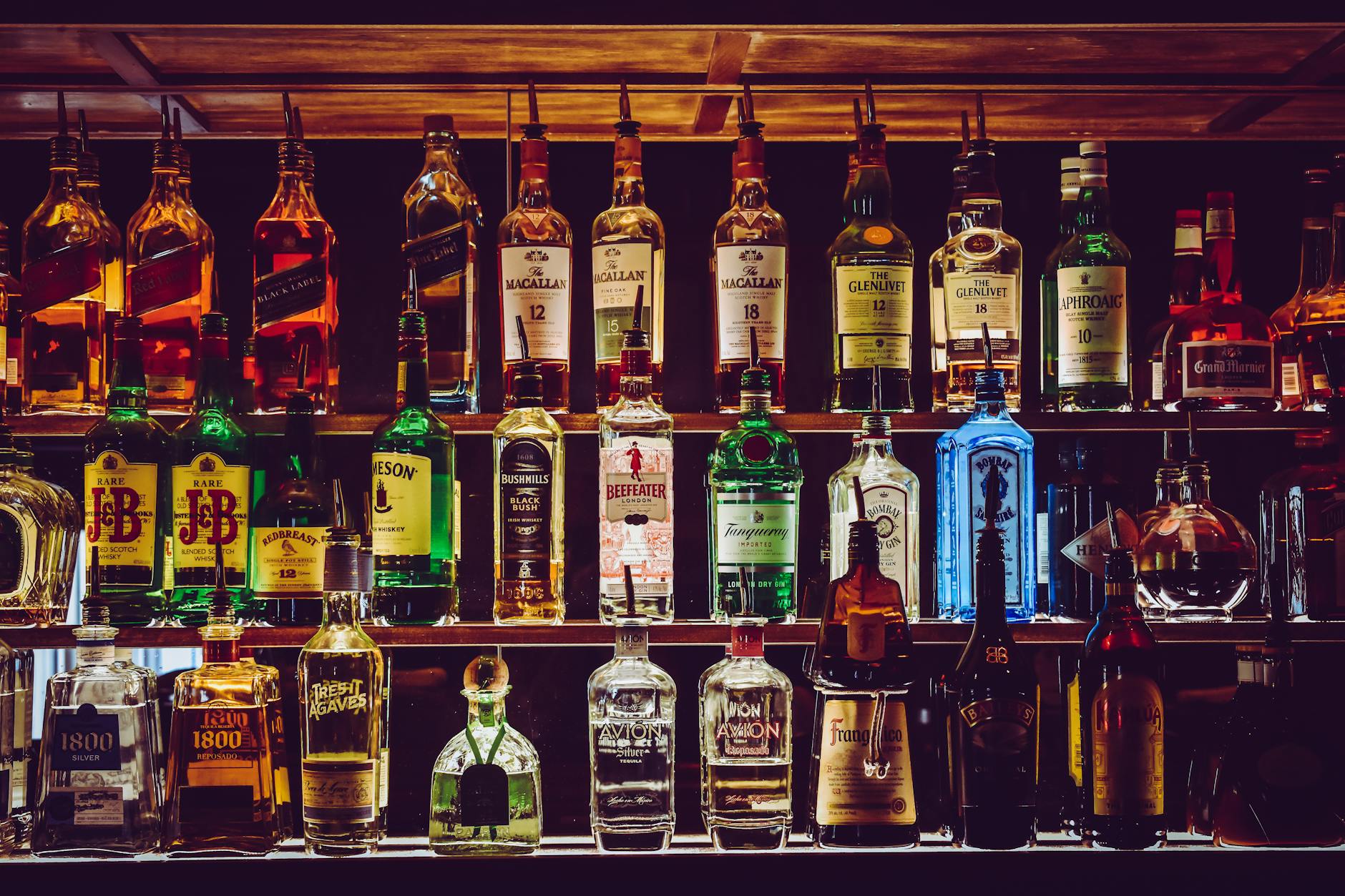Curious about how many beers it takes to get drunk based on weight? Find out the surprising answer in this post!

Image courtesy of Chris F via Pexels
Table of Contents
Alcohol consumption and its effects on the body have been a topic of interest for centuries. One common question that often arises is, ‘how many beers does it take to get drunk?’ In this blog post, we will delve deep into the science behind alcohol metabolism, individual tolerance levels, and various factors that influence intoxication. By the end of this discussion, you will have a better understanding of the complexities of alcohol intoxication and how it varies from person to person.
Understanding Alcohol Metabolism
alcohol metabolism is a complex process that occurs primarily in the liver. When alcohol is consumed, it is broken down by enzymes like alcohol dehydrogenase and acetaldehyde dehydrogenase. These enzymes work to convert alcohol into acetaldehyde and then into acetic acid, which is eventually eliminated from the body.
Several factors can affect how quickly alcohol is metabolized, including body weight, gender, and liver function. Generally, individuals with higher body weights tend to metabolize alcohol more efficiently than those with lower body weights. Additionally, women typically have lower levels of alcohol dehydrogenase, leading to slower alcohol metabolism compared to men.
Individual Tolerance Levels
individual tolerance to alcohol refers to how much alcohol a person can consume before feeling intoxicated. Tolerance levels can vary significantly from person to person and are influenced by a variety of factors, including genetics, age, and drinking history.
Genetics play a key role in determining alcohol tolerance, as some individuals may have genetic variations that affect how their bodies metabolize alcohol. Age also plays a factor, with older individuals generally having lower tolerance levels compared to younger individuals. Additionally, frequent alcohol consumption can lead to tolerance build-up, where individuals require higher amounts of alcohol to feel intoxicated over time.
Factors Influencing Intoxication
Several factors can influence how quickly and strongly a person becomes intoxicated when drinking beer. One major factor is the alcohol content of the beer being consumed, with higher alcohol concentrations leading to faster intoxication. Carbonation in beer can also impact alcohol absorption, as it may increase the rate at which alcohol enters the bloodstream.

Image courtesy of resetiv.com via Google Images
Food consumption can play a role in how alcohol affects the body, as consuming food before or while drinking can slow the absorption of alcohol and lessen its effects. Additionally, hydration levels, medications, and overall health can all influence how alcohol is metabolized and the level of intoxication experienced.
Conclusion
Understanding how many beers it takes to get drunk is not a simple calculation, as individual differences and various factors play a significant role in alcohol intoxication. By considering factors like alcohol metabolism, individual tolerance levels, and other influencing factors, individuals can make more informed choices about their alcohol consumption.
It is important for individuals to drink responsibly, know their own limits, and prioritize safety when consuming alcohol. By staying informed about the science behind alcohol intoxication and practicing responsible drinking habits, individuals can enjoy alcohol in moderation while minimizing potential risks.
FAQ
How many beers does it take to get drunk?
The number of beers needed to get drunk varies depending on individual factors like weight, tolerance levels, and alcohol content in the beer. Generally, it can range from 4-6 beers for moderate drinkers.
Does body weight affect how quickly someone gets drunk?
Yes, body weight plays a role in alcohol metabolism. Individuals with higher body weights typically process alcohol more efficiently than those with lower body weights, leading to slower intoxication rates.
Can genetics influence a person’s alcohol tolerance?
Yes, genetics can impact alcohol tolerance levels. Genetic variations can affect how enzymes metabolize alcohol, influencing how quickly a person feels intoxicated and their overall tolerance to alcohol.
What are some tips for responsible drinking?
To drink responsibly, know your limits, pace yourself, stay hydrated, avoid drinking on an empty stomach, and never drink and drive. Understanding the factors that influence intoxication can help you make informed decisions about alcohol consumption.
Generated by Texta.ai Blog Automation
Leave a Reply